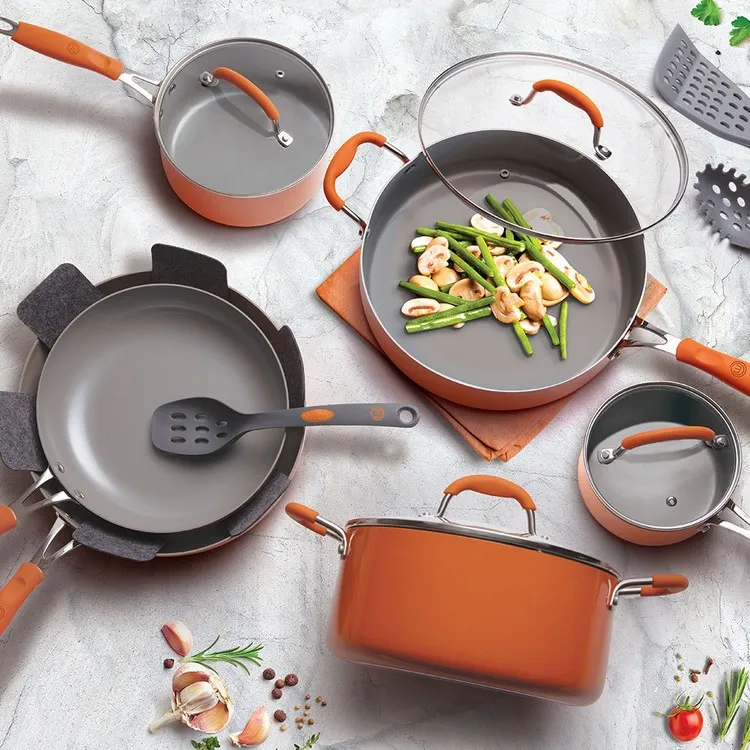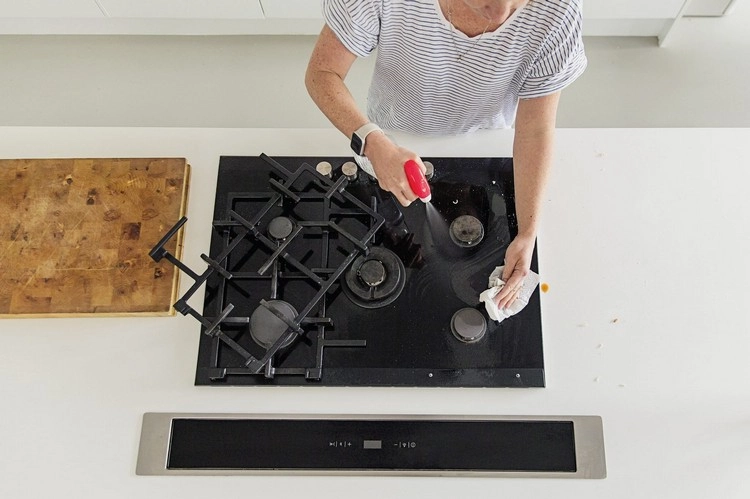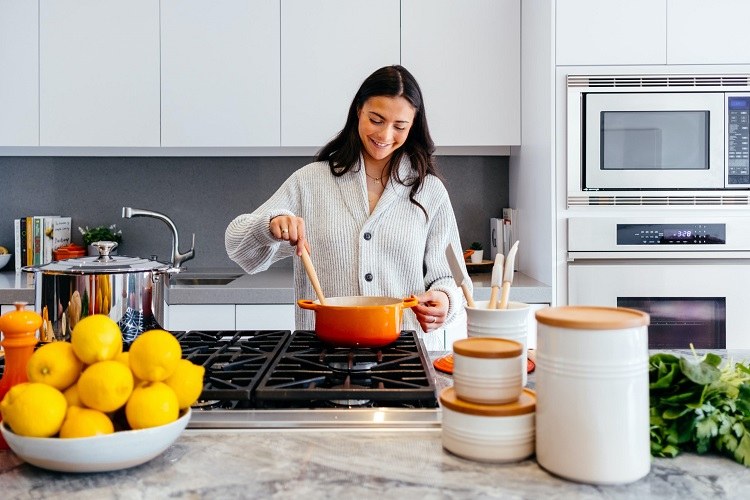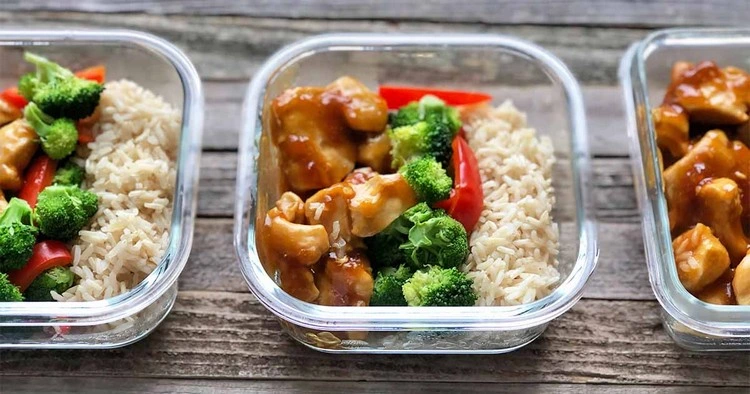Nowadays everyone wants to save on their monthly energy bills. One way you may not have thought of is to save energy while cooking. This not only makes a big difference in the long run, but also saves you a lot of money. Learn how to save electricity and gas while cooking with these quick and easy methods.
This is how you can save electricity and gas while cooking
Use the right size pots & pans
When cooking on your stovetop, make sure you use the right size pots and pans. If you are preparing a smaller meal, you should also use a smaller pan. It has been estimated that a 15 cm pan on a 20 cm burner wastes about 40 percent of the heat generated by the burner on electric cooktops.
In addition, when you put a lid on your pots and pans, the heat is retained longer and you use less energy to cook your meal. Even if these measures seem small, they can make a big difference in the long run.
Tip – Choose the right appliance: It is also important to find the right balance when choosing between an oven, toaster oven and microwave. Smaller devices are often the best choice.
How to save energy when cooking – clean the stovetop frequently
Burner efficiency can drop drastically when the burners are blackened from heavy use. The best way to ensure you don’t waste energy on a dirty stove top is to keep it shiny. Clean them frequently to avoid buildup. If you know you’re going to be cooking a big meal, it’s a good idea to take the time to clean the stove before you start cooking.
Invest in quality cookware
A warped pan can waste about 50 percent of the heat used on the stovetop. A flat pan, on the other hand, uses almost all of the energy. Using quality cookware made from highly conductive materials will generally produce the same results but use about 25% less heat. Glass or ceramic pans are better for the oven, and pans with a copper bottom are better for the stovetop.
Save electricity and gas when cooking – Reduce the cooking time
In general, the less time you spend cooking, the less energy you use. Keep to energy-efficient cooking practices and reduce cooking time by planning ahead. Thaw all frozen foods in the refrigerator instead of preparing them in the microwave or oven. Also, do not cover your oven racks with foil. Improve air circulation and reduce cooking time by staggering multiple pans and waiting until the last minute to preheat the oven. Avoid opening the oven door too often to check. This is not only a waste of energy, but also bad cooking practice in general.
Prepare additional servings
Make life easier by cooking extra portions that you can easily reheat later. This not only saves you time the next day, but you don’t have to worry about using extra energy other than what’s needed to heat up your food. Frozen, home-cooked meals are also a good alternative to fast food as they are often healthier and cheaper.
Saving energy when cooking – other useful tips
A few simple cooking tips will help save a small amount of energy on occasion, but they all add up in the end. Try to cover pans when possible to avoid heat loss and use less fat and liquid to reduce cooking time. Switch off the pan a little earlier and let the residual heat finish cooking the dish for you.
Try using countertop devices
Some of the most energy efficient cooking methods are also some of the simplest. Invest in a pressure cooker or slow cooker so you can safely prepare meals while you’re away from home. You can also try a solar cooker or a variety of other devices that save energy when cooking and make your life easier. Rice cookers are also a good alternative to cooking rice and other grains. Not only are they designed to cook rice to perfection, but they use a lot less energy than your stovetop.
Save electricity and gas while cooking – embrace the leftovers
Leftovers don’t just have to be last night’s old food. Cook in large quantities and freeze, for example, pasta sauce in individual portions. Reheat leftovers in the toaster oven or microwave instead of cooking them on the stovetop. The microwave uses more energy, but cooking times are generally much shorter. If you keep pasta in the fridge, brush it with olive oil so you don’t have to boil a new pot of water every time you want to make it. In addition, soups and stews can be stored well in the freezer and easily reheated.





